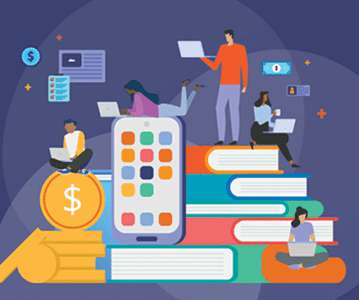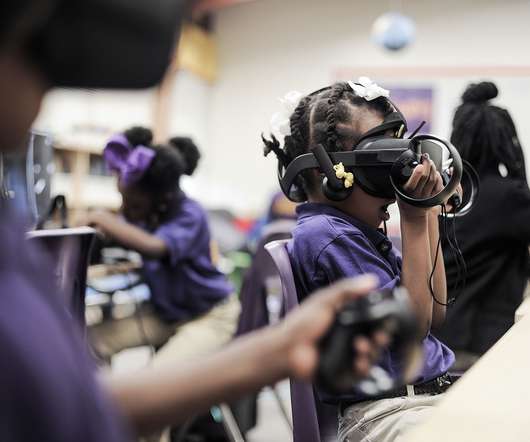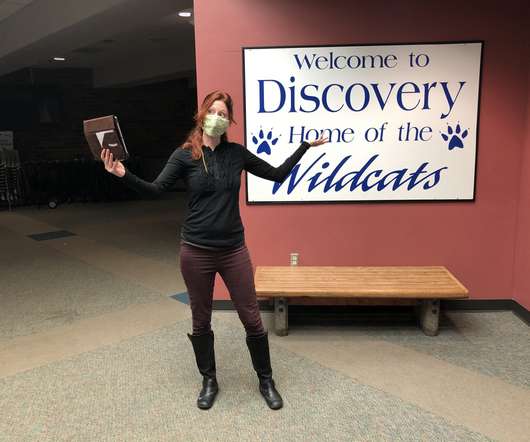Funding School Services in the Midst of Multiple Crises
edWeb.net
OCTOBER 15, 2020
The Elementary and Secondary School Emergency Relief (ESSER) Fund follows the same formula as Title I, so it can be used to help bridge the digital divide for students from low-income families. Gentz reports that there has been confusion about deadlines, many of which are federal but some of which are state imposed.
















Let's personalize your content